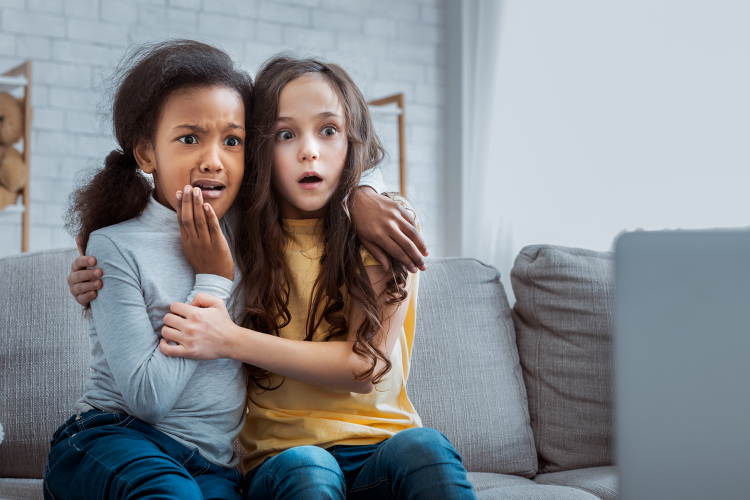How can kids respond to email chain letters?
How can kids respond to email chain letters? https://mediatrics.com/wp-content/themes/corpus/images/empty/thumbnail.jpg 150 150 Mediatrics Mediatrics https://mediatrics.com/wp-content/themes/corpus/images/empty/thumbnail.jpgDear Dr. Rich,
I wanted to let you know about a recent incident in my community since other parents probably face similar situations. My 11-year-old daughter received, and sent on to her friends, one of those email chain letters. It said “You have 900 seconds to send this to 24 people or I will visit you tonite and kill you!” As adults, we realize this is silly, but it genuinely scared my daughter, and she did as it instructed (although she did title it “Do Not Read This Email”). When I found out, we talked about the email together, and she wrote an apology note to one of her cousins, knowing she scared her when she sent it on. I also discussed the situation with another mom, and we decided to write an email to the other parents we knew whose daughters received the chain letter. I hope that posting this on Ask the Mediatrician will help other parents.
Sincerely,
Choosing Not to Chain in Chicago, IL
Dear Choosing,
Bravo on a parenting job well done! I am inspired to hear that you responded immediately not only to your daughter but to your community as well. These emails can be genuinely frightening to a young person. At age 11, kids are still on the cusp of being able to do the kind of thinking that allows them to view such emails critically and recognize them as cruel hoaxes. They are also trying to become independent from their parents, which complicates matters because it makes them unlikely to mention this kind of communication. While most e-mail forwards between girls of this age tend to be cute animal pictures or virtual hugs, a scary chain mail can shake the foundations of their warm relationships because they feel that they have no choice but to send it on to their friends or risk dying in a horrible way.
I am posting the text of the email you sent to other parents in your community so that our readers can benefit from seeing the thoughtful, educated, and empowered response that you and another mom created to inform your community of a potentially harmful situation:
We are sorry to say that our daughters forwarded a scary email to your daughter. We are sooo sorry. (Our daughters will make apologies on their own, when they're finished mopping floors and alphabetizing the spice rack). E-socializing is difficult. We all taught our kids years ago to walk away or say stop to protect themselves . . . it's not easy for them to figure how to transfer this lesson to online behavior. I'm thinking that it will help our girls if we teach them to send creepy messages (or lies about real people) right back to the person they came from, asking them "not to send this kind of email in the future" [all curses are then void, right? ;)]. They can ask, “How will this make him/her feel?” “How would it make me feel?” “Would I say this to the person's face?” And the question for all things electronic: “Would I want this on a billboard forever?” There is a time to hit delete and say no. A North Shore girl is currently in the hospital because she took too many pills–overwhelmed by a cruel email issue. Kids have been mean forever, but it is more difficult to bounce back when a child knows that cruel information went electronically to their entire world.
It is to your great credit that you were able to take a stand and stop this harmful communication. You are teaching your daughters to respect themselves and their friends enough to take charge of their online lives. Thank you for sharing your story!
>> Do you have a story about how your family or community uses media? Email me at cmch@childrens.harvard.edu
>> Want to read more stories from parents? Check out our Parent Perspectives
>> Want to receive more info on parenting in the Media Age? Join the CMCH Parent Network
Enjoy your media and use them wisely,
The Mediatrician®




